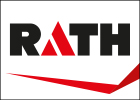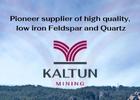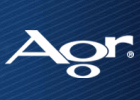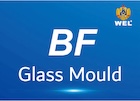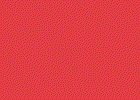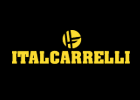The latest glass technologies are making buildings, spaces and objects stronger, safer and healthier. Glass is a versatile material, ideal for maintaining a sanitised living environment.
AGC Glass Europe continues its pursuit of solutions to protect our health and preserve our society. Faced with the worldwide Covid-19 crisis, AGC Glass Europe now has good news to share about coated glass that helps to protect against Covid-19 contamination.
Tested and verified by universities and laboratories
Respiratory droplets and aerosols contaminated with SARS-CoV-2 viral particles represent a risk of indirect transmission of COVID-19. Infectious droplets on surfaces see their viral infectiousness decreasing with time, depending on the type of material and temperature.
A study(1) published in the Coatings Journal with support from AGC was done on different materials ranging from metallic materials to float glass, acrylic glass (such as Plexiglas®, Perspex® etc.) and coated glass (Planibel Easy). The result shows the time taken for the number of infectious viral particles TCID50 (2) to decrease, and demonstrates that SARS-CoV-2 viral particles stay active for a shorter time on Planibel Easy coated glass previously exposed to daylight (photocatalytic effect). The study was carried out in an experimental setting that mimicked real-life conditions, under the responsibility of Prof. Muylkens(3) of the University of Namur (Belgium) and confirmed by Prof. Lucet(4-5), Dr Visseaux(4-6) and Dr Jérémie Guedj(4) of INSERM / Assistance Publique-Hôpitaux de Paris (France). The study used real human SARS-Co-2 viral particles at same concentration as the actual viral load observed in a cohort of patients infected with Covid-19.
The time needed to inactivate 90% of the SARS-Cov-2 viral particles is 37.5% shorter for Planibel Easy exposed to daylight than for float glass or acrylic glass. This means that using Planibel Easy greatly reduces the risk of viral transmission when we touch the surface.



